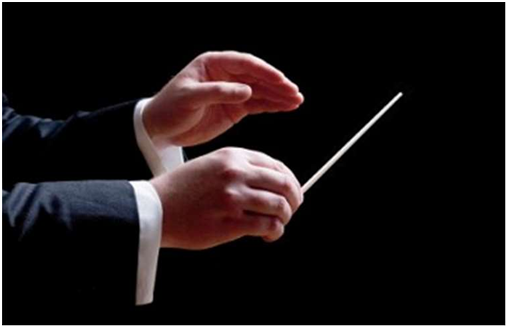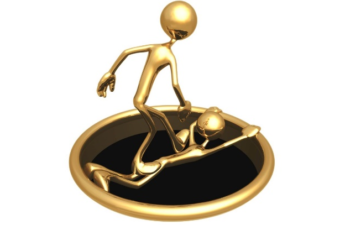I have been coaching for more than 25 years and in that time I have worked with hundreds of Christian leaders from a wide range of ministries and from many different countries. With that kind of exposure it doesn’t take long to identify common characteristics in leaders. One characteristic that I find in almost every leader is a belief that because they can help others work through problems, set goals and realise change, they can do the same thing for themselves. Unfortunately, in most circumstances this is just not true and leaders fall back on default behaviour to make decisions.
1. The brain is neuroplastic and can change. All of our well-worn habits and behaviours have created “ruts” in our brains. The more we use a pathway, the more developed it becomes. This is great news when you are learning a new instrument – every time you put your fingers on the strings or the keys, you strengthen the pathway for that motion and you do generally get better if you practise. It’s also what keeps us stuck. If I have a pathway that avoids conflict with others (most likely based on an early survival skill) and I have been using it for years that “rut” is going to be pretty deep. This is one reason it is so hard to change on our own, no matter how much we understand that certain behaviours are not helpful or effective.
Working with a coach helps form new pathways, and there are many strategies used: asking coachees to take a new perspective, having them consider a different future, and helping them look directly at issues rather than avoiding them. All of these are ways to create new potential pathways that can, with practice, be developed into new responses. Coaches also provide a structure for accountability (we all know that we’re much more likely to do something when we have made a promise to another and we know they will follow-up) so that the actual practice, the doing, takes place. This is what forms those new pathways.
2. Coaching helps us integrate ourselves. We’ve all been taught to compartmentalise our life. We have learned to act differently at work than at home or with friends. We all too often walk around not really knowing who we are, what we want, or how we really feel. Coaching helps us put the pieces of our life back in order. For example, when working with a coach on the different relationships in our lives, we are encouraged to face the reality that our traditional hierarchical view (God, family, ourselves then others) very seldom works. A coach helps us link the ideal world and the real world by getting us to have empathy with ourselves as we work out the order of a realistic relationship order.
3. Coaching helps us create and choose. We are, as you all probably know, programmed for fight, fright or flight. Our limbic brain is the earliest part of the brain to develop and it’s designed to keep us alive. When we have “gone limbic,” our brains and bodies are being pumped with adrenalin and cortisol – which are designed to have us NOT THINK. Seriously, if a lion is coming at you, you don’t actually want your brain in charge. You want your feet to move and you want to be stronger and faster than usual, even if it means you are tired afterwards.
Hopefully there are no lions in our world, just annoying emails, too many decisions, long lines in the grocery store and too much traffic. Our limbic systems are pumped up when we don’t need them to be and in this state, we are not able to really think, create, or choose. Coaching helps the coachee move out of the limbic area and into the upper brain that literally releases a substance called GABA which calms us down.
And because of the previous points, the more a coach help a coachees move out of fight or flight reaction and into conscious choice and engagement, the easier and more natural it becomes for them. They begin to do things on their own such as take a new perspective or breathe and be present. Sometimes they say to me “I hear my coach’s voice in my head,” or “I ask myself what my coach would say.” I don’t think this is dependency. I think it is a way they are building strength and rewiring their brains more effectively.



